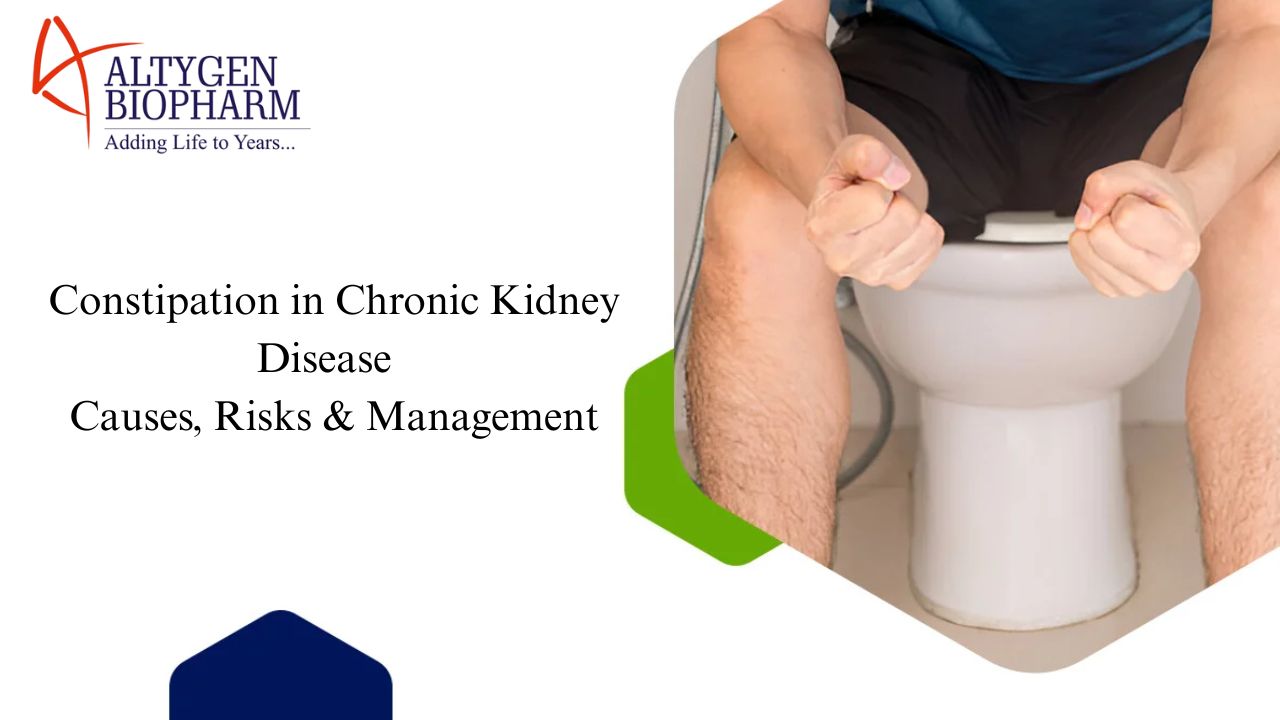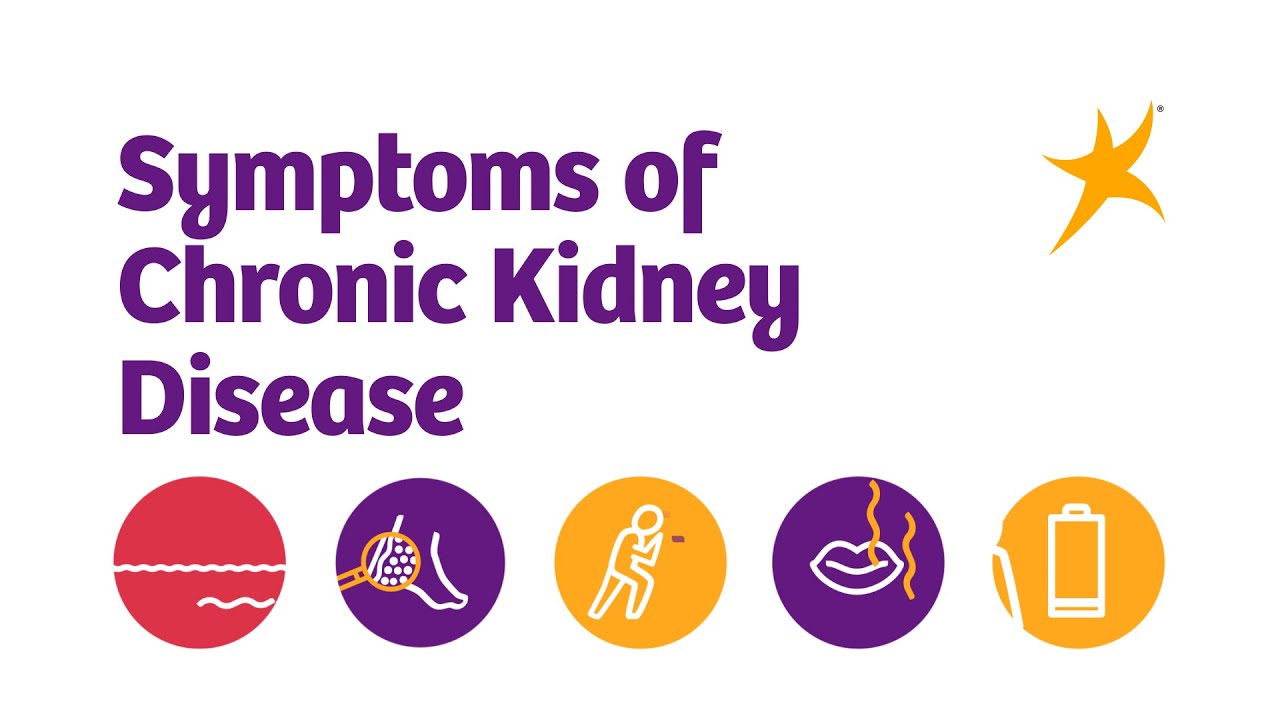In the Indian economy, one sector stands out for its resilience, innovation, and global impact: the pharmaceutical industry. With a rich history rooted in ancient Ayurvedic traditions and propelled by modern scientific advancements, the Indian pharmaceutical sector has emerged as a key player in the global healthcare arena. However, like any other industry, it faces its fair share of challenges while also presenting numerous opportunities for growth and development.
At its core, the Indian pharmaceutical sector is driven by a dual declaration: to provide affordable healthcare solutions to its domestic population and to compete globally in the export market. This dual focus has shaped the industry’s trajectory, leading to significant achievements as well as formidable hurdles.
Challenges
● Regulatory Compliance
One of the primary challenges facing the Indian pharmaceutical industry is the ever-evolving landscape of regulatory compliance. Stricter regulations, both domestically and internationally, require companies to adhere to stringent quality standards and protocols. While these regulations are crucial for ensuring patient safety and product efficacy, they also pose a financial burden, particularly for smaller companies with limited resources.
● Intellectual Property Rights (IPR) Issues
Another hurdle that the sector grapples with is the complex landscape of intellectual property rights. India's stance on patents and generic drugs has been a subject of debate and contention, especially in the context of international trade agreements. Balancing the need for innovation with the imperative of affordable healthcare remains a delicate tightrope walk for policymakers and industry stakeholders alike.
● R&D and Innovation
Investment in research and development (R&D) is paramount for sustaining growth and fostering innovation in the pharmaceutical sector. While India boasts a wealth of scientific talent and expertise, there is a pressing need for increased R&D expenditure to drive breakthrough discoveries and technological advancements. Furthermore, fostering a culture of innovation requires nurturing collaboration between academia, industry, and government bodies—a synergy that is still evolving.
● Supply Chain Challenges
The COVID-19 pandemic laid bare the exposure in the global supply chain, and the pharmaceutical sector was no exception. Disruptions in the supply of raw materials, active pharmaceutical ingredients (APIs), and finished products underscored the need for greater resilience and diversification. Strengthening the domestic supply chain while also bolstering strategic partnerships with global stakeholders is essential for mitigating future risks.
Exploring Opportunities for Growth
Despite these challenges, the Indian pharmaceutical sector remains poised for growth, driven by several promising opportunities.
● Expansion of Healthcare Infrastructure
The ongoing expansion of healthcare infrastructure in India presents a ripe opportunity for pharmaceutical companies. With initiatives such as Ayushman Bharat and the National Health Mission aiming to enhance access to quality healthcare services, there is a growing demand for pharmaceutical products across the spectrum, from generic medicines to specialized therapies.
● Emerging Markets and Export Opportunities
India’s reputation as the "pharmacy of the world" is supported by its expertise in generic drug manufacturing. As emerging markets seek affordable healthcare solutions, Indian pharmaceutical companies have a significant opportunity to expand their global footprint. Moreover, strategic partnerships and collaborations with international firms can facilitate technology transfer and market access, further fueling growth.
● Embracing Digital Health Technologies
The digital revolution sweeping across the healthcare landscape offers immense potential for innovation and efficiency gains. From telemedicine platforms to data analytics-driven drug discovery, embracing digital health technologies can revolutionize how pharmaceutical companies operate and deliver value to patients. Investing in digital infrastructure and capabilities is thus crucial for staying ahead of the curve.
● Focus on Specialty and Biopharmaceuticals
With an increasing demand for personalized medicine and biologics, there is a shift towards specialty and biopharmaceuticals in the global market. Indian companies have the opportunity to leverage their scientific expertise and manufacturing prowess to capture a larger share of this lucrative segment. Moreover, investing in biosimilars and novel biologics can enhance competitiveness and drive long-term growth.
In conclusion, the Indian pharmaceutical sector stands at a crossroads, facing both challenges and opportunities in equal measure. Navigating this complex landscape requires a concerted effort from all stakeholders—industry leaders, policymakers, healthcare professionals, and consumers. By addressing regulatory hurdles, fostering innovation, strengthening the supply chain, and tapping into emerging opportunities, the Indian pharmaceutical sector can overcome challenges and cement its position as a global powerhouse in healthcare. As we look ahead, it is imperative to harness the industry’s collective expertise and drive towards a future where affordable, high-quality healthcare is accessible to all.
In essence, the Indian pharmaceutical sector embodies the spirit of resilience, adaptability, and innovation—a testament to the country’s unwavering commitment to improving healthcare outcomes, both at home and abroad.
Leave a Reply
Your email address will not be published. Required fields are marked *










